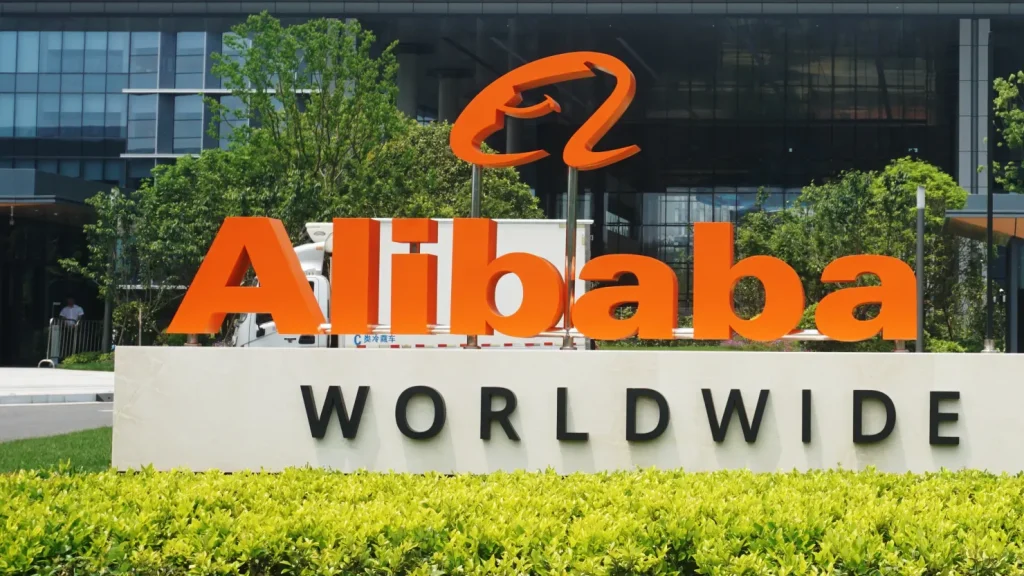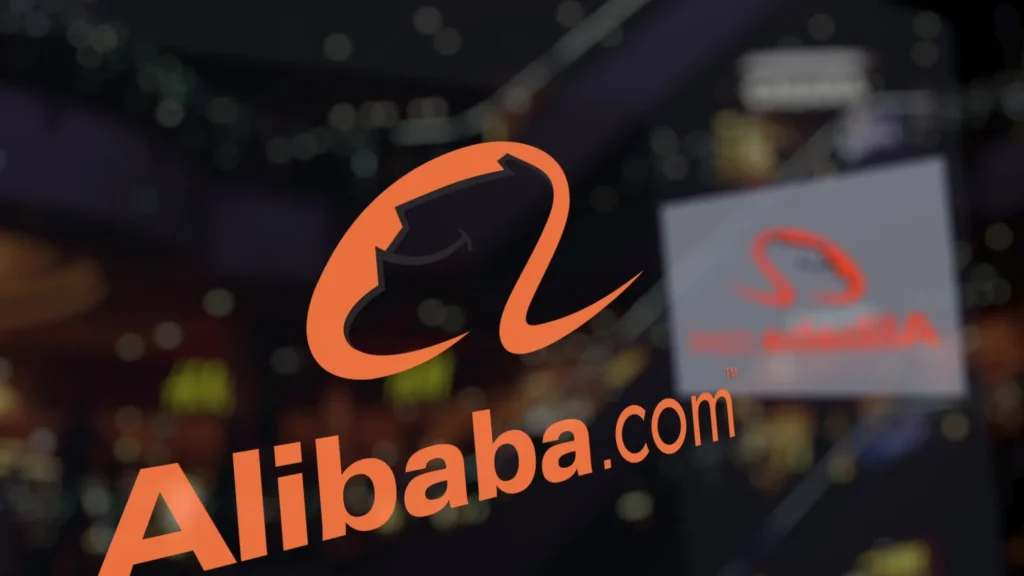Alibaba’s international division has unveiled an upgraded version of its artificial intelligence-powered translation tool, Marco MT, asserting that it outperforms similar offerings from industry leaders Google, DeepL, and ChatGPT. The Chinese e-commerce giant bases this claim on evaluations conducted using the Flores translation benchmark framework.
The new translation tool represents a significant enhancement to its predecessor, which was introduced approximately a year ago and has already attracted 500,000 merchant users. The updated version exclusively utilizes large language models (LLMs), enabling it to better understand and incorporate contextual elements, including cultural nuances and industry-specific terminology.

The solution supports an extensive range of 15 languages: Arabic, Chinese, Dutch, English, French, German, Italian, Japanese, Korean, Polish, Portuguese, Russian, Spanish, Turkish, and Ukrainian. This broad language coverage aims to facilitate cross-border commerce by allowing merchants to create product listings in their customers’ native languages.
Kaifu Zhang, vice president of Alibaba International Digital Commerce Group and head of its AI initiatives, emphasized the tool’s business-focused approach: “The idea is that we want this AI tool to help the bottom line of the merchants, because if the merchants are doing well, the platform will be doing well.” The technology is built on Alibaba’s proprietary Qwen language model, positioning it as a competitor to other AI-powered translation services.
The tool’s practical impact is already evident, with merchants having used it to translate more than 100 million product listings since its initial launch last fall. The pricing model follows industry standards, with charges based on the volume of translated text. While specific pricing details for the updated version weren’t disclosed, Zhang mentioned that it would be included in certain service packages designed for merchants seeking basic international market exposure.
One of the key advantages of the new system is its ability to handle contextual translation more effectively. Zhang illustrated this with an example involving Chinese product descriptions that could potentially deter English-speaking customers if translated literally, rather than capturing the intended meaning. This contextual understanding is particularly valuable for major shopping events like Double 11 (Singles’ Day), where accurate and culturally appropriate product descriptions can significantly impact sales.
The release of this enhanced translation tool aligns with Alibaba’s broader international expansion strategy. The company’s international business segment, which includes platforms like AliExpress and Lazada, has shown impressive growth, reporting a 32% year-over-year increase in sales to $4.03 billion for the quarter ending June. This international success contrasts with the performance of Alibaba’s domestic e-commerce operations (Taobao and Tmall), which experienced a 1% decline in sales to $15.6 billion during the same period.
The tool’s deployment comes at a time when Chinese companies are increasingly looking overseas for growth opportunities. Competitors like PDD Holdings’ Temu, Shein, and ByteDance’s TikTok have all recently entered global markets, while many Chinese merchants maintain a presence on Amazon.com.
Zhang anticipates significant demand for the translation tool from both established and emerging markets. Analysis of Alibaba.com’s user base reveals that developing countries account for approximately half of the top 20 active AI tool users, highlighting the technology’s potential impact on global trade.
The company’s commitment to international expansion is further demonstrated by recent initiatives such as the launch of an AI-powered English version of the Taobao app in Singapore this September. According to Nomura analysts, while Alibaba’s international revenue growth may have slightly decreased to 29% year-over-year in the quarter ending September, operating losses are expected to narrow.

This new translation tool represents a strategic investment in Alibaba’s international infrastructure, designed to break down language barriers and facilitate cross-border e-commerce. By leveraging advanced AI technology and focusing on contextual understanding, Alibaba aims to provide more authentic and effective communication between merchants and customers across different markets, potentially strengthening its position in the global e-commerce landscape.
Copyright©dhaka.ai
tags: Artificial Intelligence, Ai, Dhaka Ai, Ai In Bangladesh, Ai In Dhaka, Future of AI, Artificial Intelligence in Bangladesh, Alibaba



